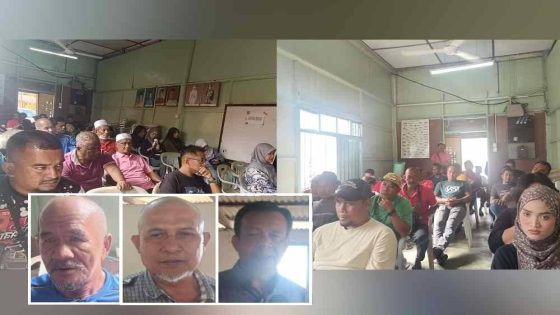The Indonesian Army (TNI AD) is set to elevate the status of five military resort commands (Korem) to regional military commands (Kodam). This significant change, announced on February 5, 2025, aims to enhance national defense and support government agricultural programs. But how will this impact security and governance in Indonesia?
- TNI AD to upgrade five military commands.
- New commands located in various Indonesian regions.
- Personnel increase planned with command upgrades.
- Restructuring aims to support government programs.
- Civil society coalition criticizes command expansion.
- Concerns over military's role in politics.
Indonesian Military’s Upgrade: What Does It Mean for National Security?
What does the upgrade of five Korem to Kodam mean for Indonesia? The TNI AD’s decision is part of a broader strategy to strengthen military presence across the nation. This change could lead to increased personnel and resources in regions like Papua Selatan and Riau. But will this enhance security or create new challenges?
Understanding the New Military Structure in Indonesia
The planned restructuring of the TNI AD includes the following key points:
- Five Korem will be upgraded to Kodam, enhancing military capabilities.
- New Kodam will support government programs, including food self-sufficiency.
- Overall, there will be 37 Kodam across Indonesia, with varying support levels.
- Concerns arise regarding the potential impact on democracy and budget allocation.
Implications of Increased Military Presence in Indonesia
The elevation of military commands could have several implications. First, it may improve response times to regional threats, enhancing security. However, critics argue that this could lead to excessive military influence in civilian affairs, complicating governance.
Criticism and Concerns Over Military Expansion
While the TNI AD’s restructuring aims to bolster defense, it has faced criticism from civil society groups. They warn that expanding military commands could strain the national budget and divert funds from essential services. This raises a crucial question: Is the military expansion worth the potential risks to democracy?
Future of Indonesia’s Military Strategy
As Indonesia moves forward with its military upgrades, the balance between security and democratic governance will be closely watched. The TNI AD’s plans may redefine military roles in civilian life, impacting both national and regional stability.
In conclusion, the TNI AD’s decision to upgrade five Korem to Kodam reflects a significant shift in Indonesia’s military strategy. While it aims to enhance national security, the potential consequences for governance and democracy must be carefully considered.

































